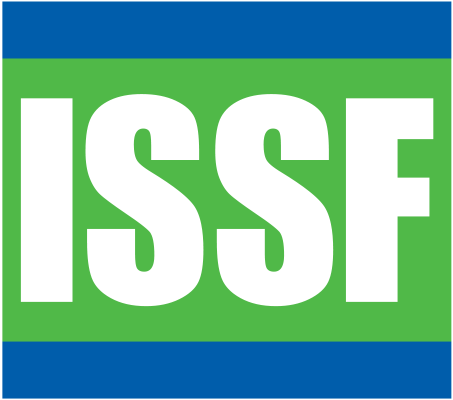At the End of the Trip
An observer’s duties do not end when the vessel reaches port. Some observer programs require the collection of landing data. A port sampler may be present. If you must travel by air before returning the forms, be sure to hand-carry all important information and documentation.
Most programs aim for some manner of debriefing—a review of the trip with a debriefer from the observer program. These subjects generally include:
- General description of the trip (duration, weather, catch)
- Errors (intentional or otherwise) made by the crew in reporting location, catch, FAD sets, etc., on their log forms
- Recorded cases of noncompliance, and other observed violations of RFMO measures or national laws
- Relations with crew
- Success of fish sampling
- Any unusual events or encounters
As debriefers are generally very experienced observers in their own right, this meeting is a good opportunity for the observers to ask for clarification about their duties, improvement on the instructions (such as the observer manual, if there is one), or advice about managing relationships or conflicts on board. In some regions, the observer programs have grown faster than their ability to recruit and train debriefers, in which case, not all observers may be debriefed after a trip. But it is expected that debriefer training will catch up, so that all observers can expect debriefing in the future.
